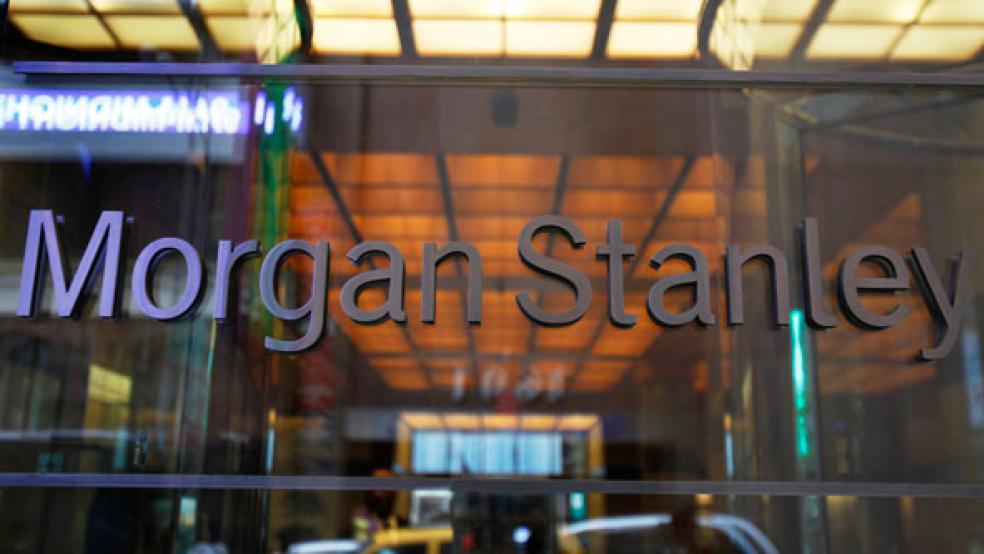The biggest U.S. brokerages have set their sights set on attracting the wealthiest Americans, but a new study concludes a growing number of multi-millionaire households are taking their money elsewhere.
The share of high net worth customers' assets held by the top four brokers -- Morgan Stanley Smith Barney, Merrill Lynch, Wells Fargo Advisors and UBS Wealth Management Americas -- has fallen since the financial crisis and will continue to fall, research firm Cerulli Associates said in a report on Wednesday.
That market share, which peaked at 56 percent in 2007, fell to 45 percent last year and is expected to drop to 42 percent by 2014. The companies together had $2.1 trillion in assets from clients with at least $5 million to invest.
Boutique firms, trust companies, family offices and private-client businesses owned by rival investment banks are gaining those clients over the bigger brokerage houses, Cerulli said.
"Firms that were perceived as safe provided a safe haven for nervous investors and advisers that were ready to make a move," Cerulli analyst Rob Testa said.
That's not encouraging news for the big brokerages, which are targeting an ever-wealthier clientele to boost revenue and profitability.
Merrill, for example, is discouraging brokers from taking on new clients with less than $250,000 so that they have more time to find and work with million-dollar accounts.
Consulting firm McKinsey & Co recently declared the $1 million to $10 million account as the "sweet spot" for private banks, because these clients generate higher margins -- two to three times more than investors with tens or hundreds of millions of dollars.
Morgan Stanley declined to comment. Representatives of the other three companies did not respond to requests for comment.
Cerulli said the market shifts were first driven by the 2008 financial crisis, when Merrill was rescued by a Bank of America takeover and taxpayers bailed out Morgan Stanley, Citigroup and UBS to keep them solvent.
Waves of financial advisers, meanwhile, moved to smaller and more independent wealth managers in search of greater stability or fewer conflicts of interest.
Wealth managers that gained business include the private client units of banks such as Credit Suisse, Deutsche Bank, Bank of New York Mellon and Barclays. This group eclipsed the big four brokerages for the first time in 2010, overseeing $2.2 trillion or 47 percent of U.S. high net worth assets.
Trust companies like Northern Trust also gained, as did multi-family offices such as Bessemer Trust and SunTrust Banks' GenSpring, whose clients span generations and can control hundreds of millions of dollars, the report showed.
Registered investment advisers and family-office firms grew the fastest, increasing assets under management by 18 percent to $356 billion in 2010, compared with a 2 percent boost among the big four brokerages.
The playing field also has been leveled, Testa said, in that smaller firms are competing with Wall Street's biggest banks in terms of investments and technology. On the other hand, wealth managers affiliated with investment banks can help sell private businesses, underwrite public offerings and extend credit.
"Everybody in the industry wants to serve this clientele," Testa said. "Size does not always beget success."




